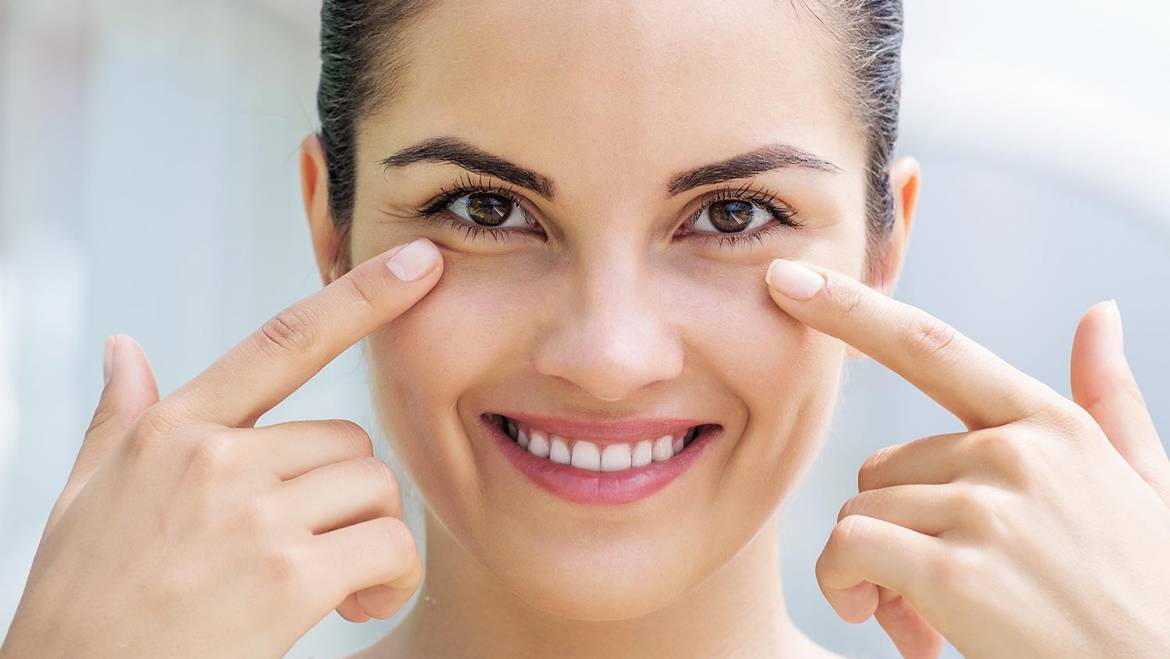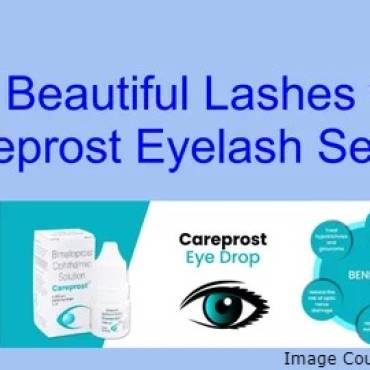Introduction
If you have never had an eye issue, you probably don’t give much importance to your eye health. And you may not be aware of the changes that occur as you age, some of which can dramatically affect your vision or even lead to loss of eyesight. Fortunately, even small preventive measures, like wearing sunglasses, eating a balanced diet, etc., can help protect your vision and prevent vision issues in later stages of life.
How to improve eye health? What is good for eyesight? And How to keep your eyes healthy? If you have such questions in the back of your mind, check out the below eye facts. These facts will help you protect your eyes and your vision for years to come. The eyes are one of the most important organs of your body. There are numerous things you can do to keep them bright and healthy. Follow these simple tips for maintaining eye health for years:
- The comprehensive eye exam: You might think your vision is fine; random vision screenings can uncover some problems but at the same time can miss many other eye issues. Book an appointment with an eye care expert for a comprehensive dilated exam; this is the only way to know about your eye health. Many people cannot realize they could have better vision with glasses or contact lenses for common eyesight issues. Many common eye disorders such as macular degeneration, glaucoma, and retina problems from diabetes often have no warning signs. During a comprehensive eye screening, your eye care expert will administer a drop of an ophthalmic suspension, making it easier for them to examine the inner parts of the eye. This causes dilation of the pupil, which helps to get a clear look at the back of the eyes and analyze them for any signs of damage or disease. High intraocular pressure in the eyes can lead to vision loss. It needs to be measured because it can’t be seen or felt. An eye care professional is the only one who can determine if you are seeing your best or have healthy eyes.
- Eat healthy to protect your vision: You might have heard eating carrots can do wonders for the eyes. But eating a diet full of fruits and vegetables, particularly dark green leafy vegetables such as kale, spinach, or collard greens, is too important for keeping your eyes healthy. Studies have shown that nutrients in zinc, omega 3 fatty acids, vitamins C and E may help prevent age-related vision issues such as cataracts and macular degeneration. Food good for the eyes or foods containing eye-friendly nutrients includes oily fish such as salmon, tuna, eggs, whole grains, citrus fruits, and chicken. You should also ensure your alcohol consumption is within limits.
- Wear protective eyewear: Consider wearing protective eyewear, especially when playing sports or doing activities around the home. Protective eyewear includes glasses/goggles, safety shields, and eye guards especially discovered to provide proper protection for a certain activity. Protective eyewear is mostly made up of polycarbonate, which is known to be stronger than other plastics. Although working at a computer and laptops won’t harm your eyes, but sitting, staring at screens for long periods can cause screen fatigue. You may have sore, itchy, or tired eyes, headaches, impaired color perception, and temporary blurring. So, be sure to take regular breaks to keep your eyes feel fresh and look bright. Protective eyewear should be a part of your job; if you want to keep your eyes healthy, make a habit of always wearing the appropriate type on your desk. Also, encourage your co-workers to do the same.
- Clean your hands and your contact lenses: To avoid the risk of infection, make sure you rinse your hands thoroughly before putting in or taking out your lenses. Do not forget to disinfect contact lenses as instructed by your ophthalmologist and replace them when instructed.
- Quit smoking: No doubt, smoking is bad for your overall health, including your eyes. According to research studies, smoking is associated with an increased risk of age-related eye diseases, including cataracts, optic nerve damage, and macular degeneration, all of which can lead to vision loss.
- Maintain a healthy weight: If you are overweight or obese, you may be more likely to experience diabetes and other systematic conditions which can lead to blindness, such as glaucoma and diabetic eye disease. Eat a well-balanced diet and exercise regularly to maintain a healthy weight. If you are having trouble maintaining a healthy weight, please speak to your doctor for advice.
- Aware of your family’s history of eye health: Discuss with your family their eye health history. It is especially important to know if anyone suffers from an eye condition since many are hereditary. This helps to determine if you are at a high risk of developing that condition or not. Therefore, it will be easier for you and your eye care professional to take the necessary measures to prevent the condition.

Everyone needs an eye exam; whether you are an adult or a child, you need to have regular eye screening to protect your sight and let you see the best. Also, good eye health starts with the food you eat. So, eat food good for the eyes and maintain a healthy weight. Follow these lifestyle tips to help keep your eyes healthy and vision secure.



